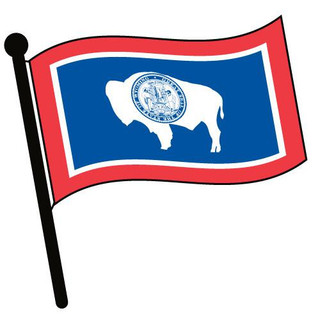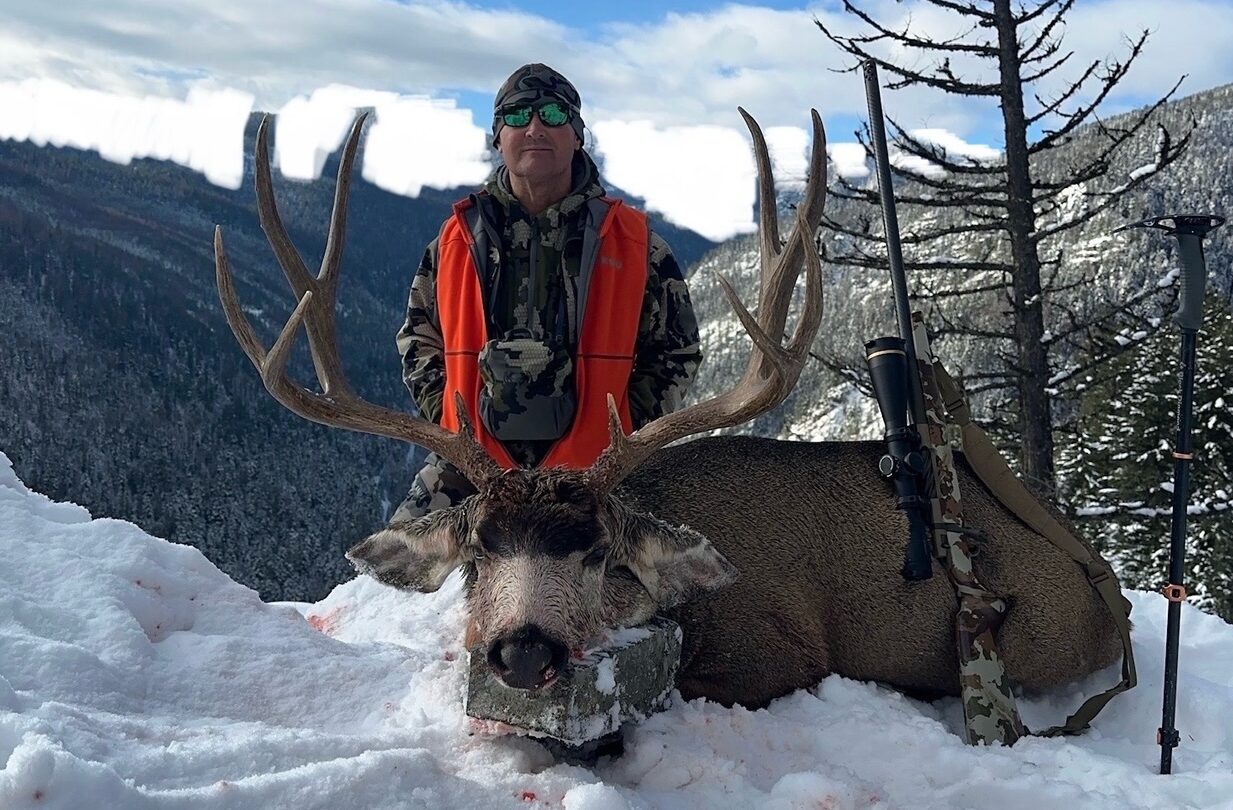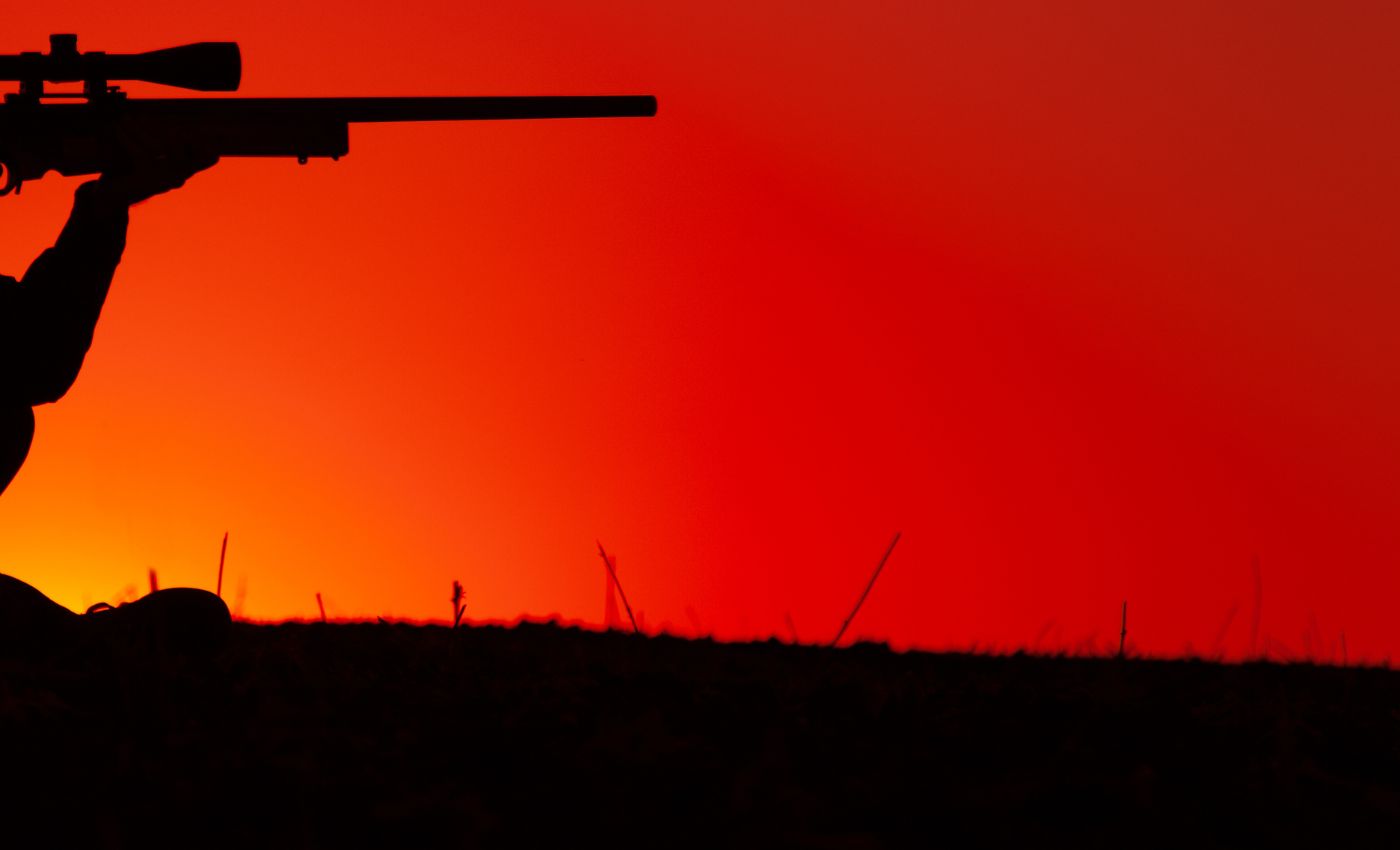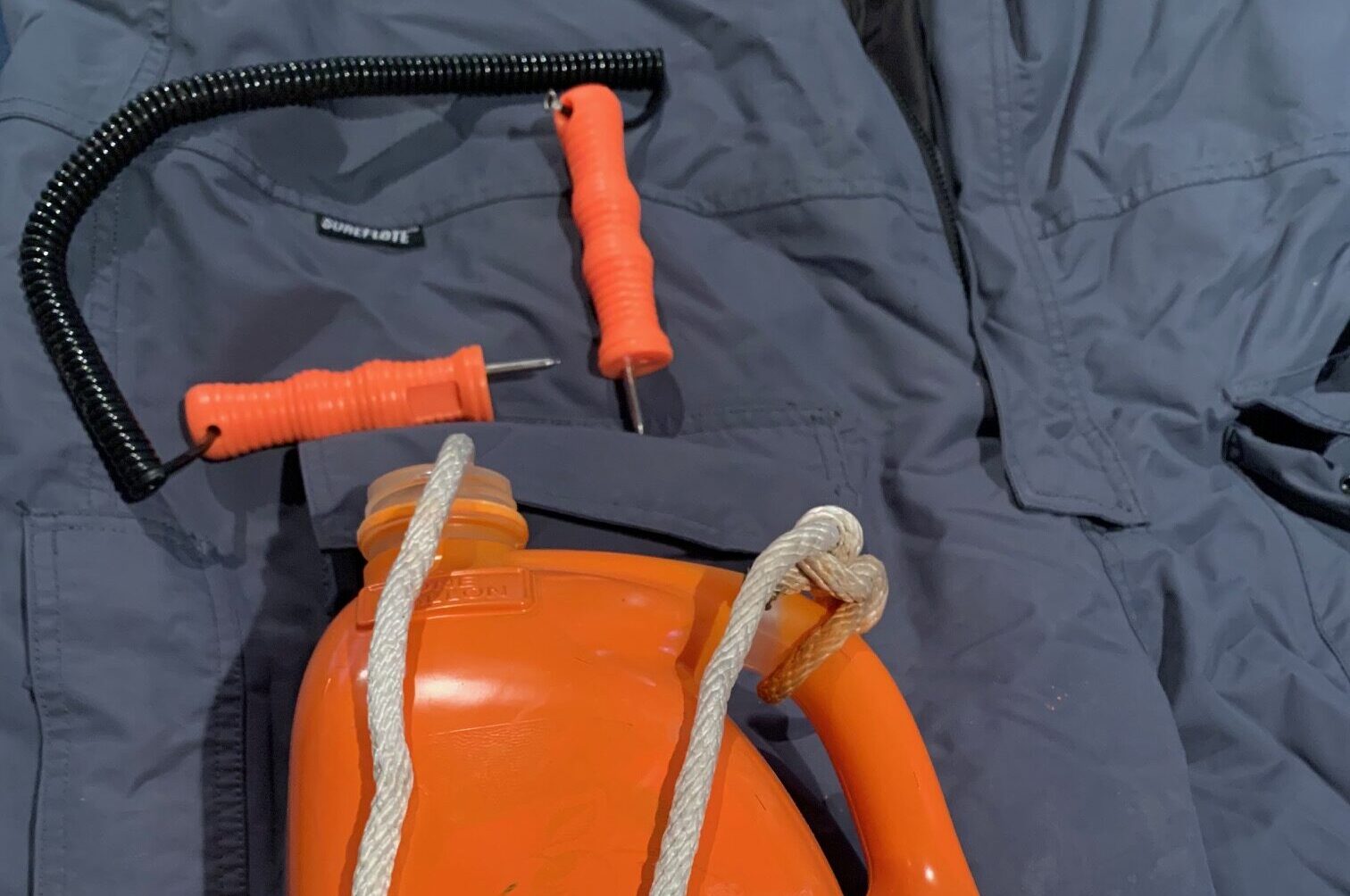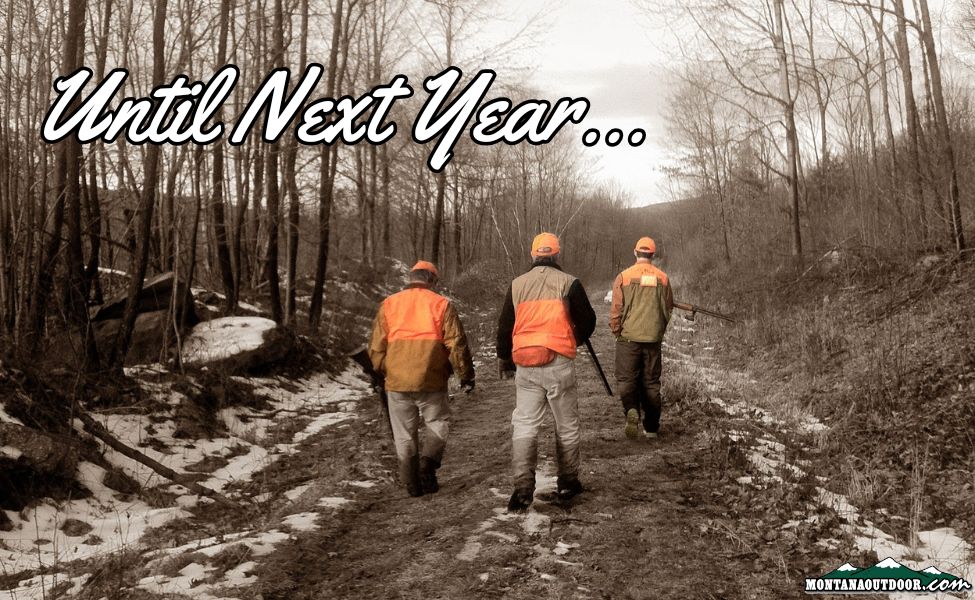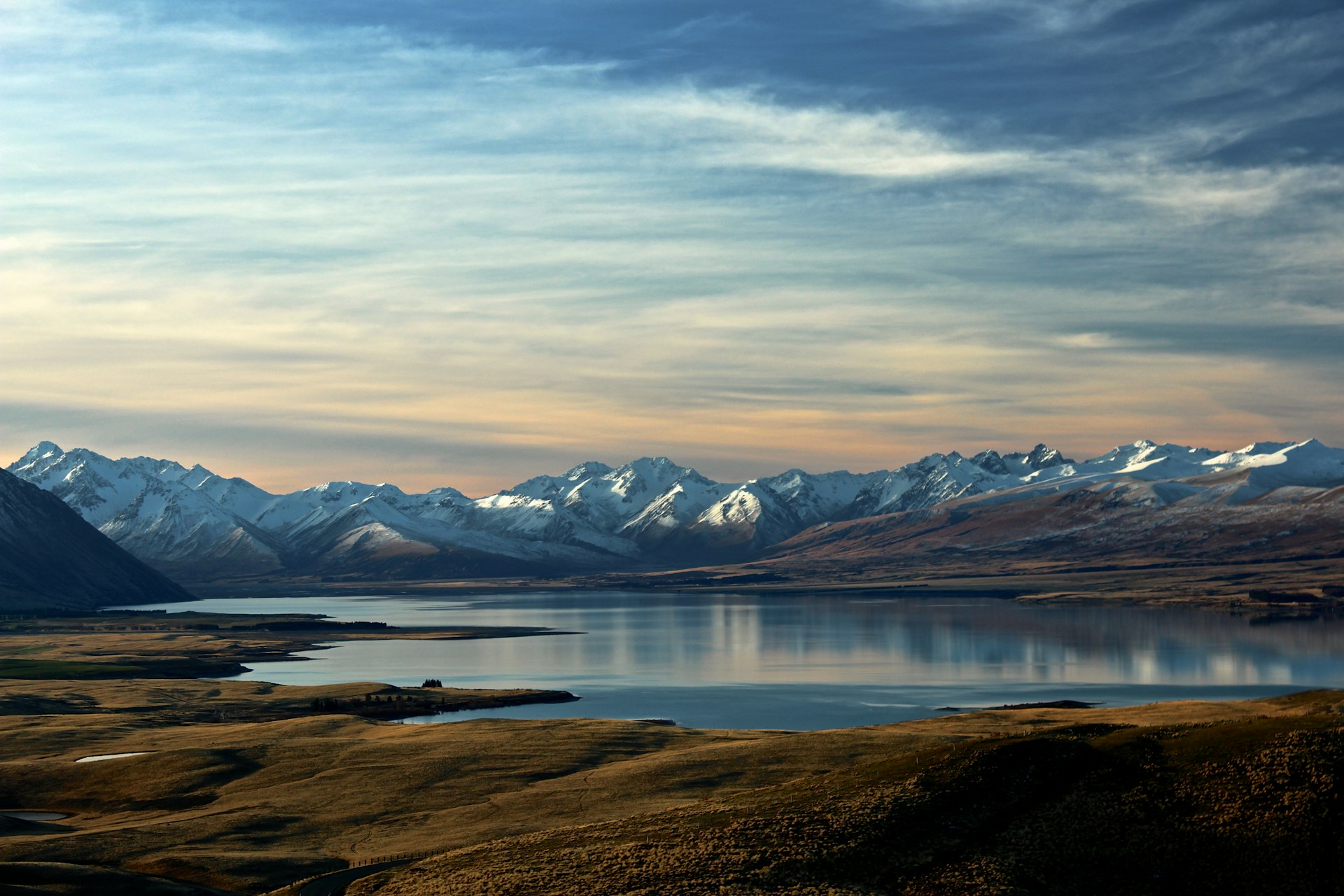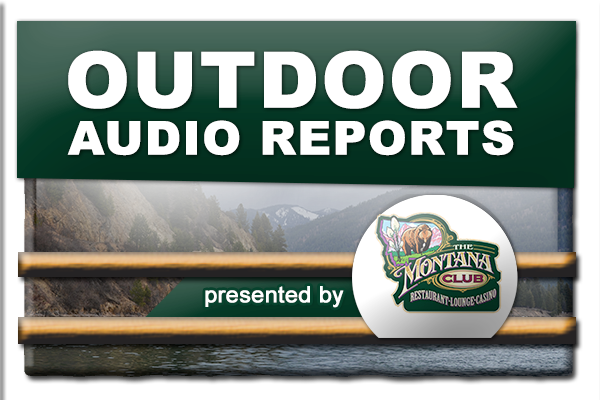Wyoming’s effort to sort out Native Americans’ off-reservation hunting rights in the wake of the landmark U.S. Supreme Court case, Herrera v. Wyoming, has lost official tribal support.
The legislative effort to strike an agreement, outlined in House Bill 83 – Tribal agreements to hunt and fish, had sweeping support in the statehouse, and even enjoyed a shout-out from Gov. Mark Gordon during his state of the state Address. The measure, an attempt to codify the high court’s recognition of treaty rights, is co-sponsored by the Senate president, speaker of the House, a high-ranking member of the far-right Freedom Caucus and others. There’d been only a single nay vote as the bill cleared the House. 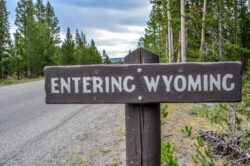
Importantly, HB 83 also had the support of the Eastern Shoshone Tribe. That changed on Friday.
“This correspondence is to inform you that the Eastern Shoshone Tribe has reconsidered the proposed legislation regarding off-reservation hunting,” Shoshone Business Council Chairman John St. Clair wrote to Gordon. “We apologize for this development; However, we now believe that the bill will jeopardize and compromise the rights of our tribe and other tribes, if it becomes state law.”
St. Clair’s letter cited a few reasons for the change of position. One, the tribes reassessed and determined they ceded too much, giving Wyoming “complete control of hunting, fishing, trapping, and gathering. Also, provisions in the bill that subject tribal members to state prosecution for not having licenses contradicts the Herrera decision, the chairman wrote.
Legal opinions from tribal attorneys and opposition from the Shoshone-Bannock Tribe — which shares a treaty with the Eastern Shoshone — also influenced the decision, St. Clair wrote.
Rep. Lloyd Larsen (R-Lander) brought HB 83, and he was in the thick of working the supplemental budget bill when word came through that he’d lost tribal support.
“The tribe always had the right to pull out and disagree,” Larsen said.
The longtime representative, whose district borders the Wind River Indian Reservation, described seeing tribal support “evaporate” as “surprising” and “disappointing.”
Ten days before St. Clair’s letter was sent, Eastern Shoshone Business Council vice chairman Michael Ute testified while HB 83 was in committee. He was leery about the state of Wyoming dragging out and adding layers to the off-reservation hunting agreement, but also stated that the council “stands behind this bill as is.”
The Eastern Shoshone sought to work with the state on the legislative agreement, Ute said, partly because of the desire to avert conflict between tribal members and non-tribal law enforcement. In the absence of an agreement, he said, anybody could theoretically choose to “exercise their treaty right” by hunting off the reservation, regardless of season or licensure.
“We put those people in harm’s way,” Ute said. “If they don’t agree with a game warden out there or somebody calls the cops on them, that could potentially be dangerous. That’s what we’re trying to avoid.”
The vice-chairman reminded the House Appropriations Committee that it’s a “post-Herrera” world: “It’s something that’s wholly new, and we need to figure out these processes sooner than later,” Ute said.
Precedent
The landmark case he referred to was kicked off when Clayvin Herrera, a member of Montana’s Crow Tribe, challenged the Wyoming Game and Fish Department after being charged with off-season elk hunting in the Bighorn Mountains in 2014. The case rose to the U.S. Supreme Court, which decided in a 5-4 vote in 2019 that the Crow’s hunting rights on unoccupied, ceded lands had not been extinguished. Prior to the case there was a century-old precedent, established in Ward v. Race Horse, that prioritized state game laws over treaty rights.
In the wake of the Herrera v. Wyoming, states and tribes are working to translate the high court’s decision into practice. 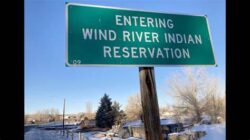
Language about hunting in the Crow and Eastern Shoshone’s 1868 treaties do not grant unfettered access. In full, the clause reads: “…they shall have the right to hunt on the unoccupied lands of the United States so long as game may be found thereon, and so long as peace subsists among the whites and Indians on the borders of the hunting districts.”
“There’s two options here,” Ute said in his testimony. “One is to work peacefully with the tribes and do things for the common good. The other one is judicial conflict.”
The on-the-ground effects of the Supreme Court’s decision are being unwrinkled in Sheridan County Circuit Court. Kit Wendtland, special legal counsel for Gordon, told representatives in the committee hearing there are two main questions the state court is tackling: What constitutes “unoccupied land,” and whether regulation of hunting in the Bighorns was “necessary for conservation.”
Fort Hall Business Council Secretary Claudia Washakie, representing southeast Idaho’s Shoshone-Bannock Tribe, clarified her opposition to the Legislature’s tribal agreement bill during the same committee hearing. House Bill 83, she said, “places additional barriers on self-governance” that could increase the likelihood of conflict.
“The Shoshone-Bannock Tribes have never entered into any agreements that would constrain or otherwise impede our management authority under the treaty,” Washakie said. “And we will not engage in any negotiated agreement, as laid out in the proposed legislation.”
Other tribes with legal ties to modern-day Wyoming, like the Crow and the Northern Arapaho, have not publicly engaged with the legislation — nor has the state sought their input. Northern Arapaho Business Council Chairman Lloyd Goggles told WyoFile at the onset of the Legislature’s general session he’d only recently become aware of the bill.
State talks with tribes have been limited to the Eastern Shoshone, which initiated the conversation by inquiring about its off-reservation hunting rights. Larsen, the bill sponsor, stands behind that narrow approach.
“It’s nothing against the Crow, it’s nothing against the ShoBan,” Larsen said. “Maybe it’s a damned if you do, damned if you don’t [situation], but I think the governor was trying to protect the best interests of all the citizens of the state, including [Native citizens] when he started having this conversation with the Eastern Shoshone last spring.”
In the absence of Eastern Shoshone support, it’s unclear what will become of HB 83. As of Saturday evening, Larsen wasn’t convinced that the bill was pointless or dead.
“The question is, ‘Should we still put some framework in place to allow the governor … to negotiate some sort of hunting agreement with the tribe, or do we just call timeout?’” he said. “We need a little time to consider any changes.”
(This article is as written by the Wyoming media)
Montana will be dealing with this same issue. One thing to consider is that hunting and fishing are no longer the Native peoples, or others, only means of subsistence, and does not need to be done year around. At some point we all need to address “public” recreation and sport on the same page. When we can all become “Americans”, we can find common ground on so many issues.
Montana Grant
